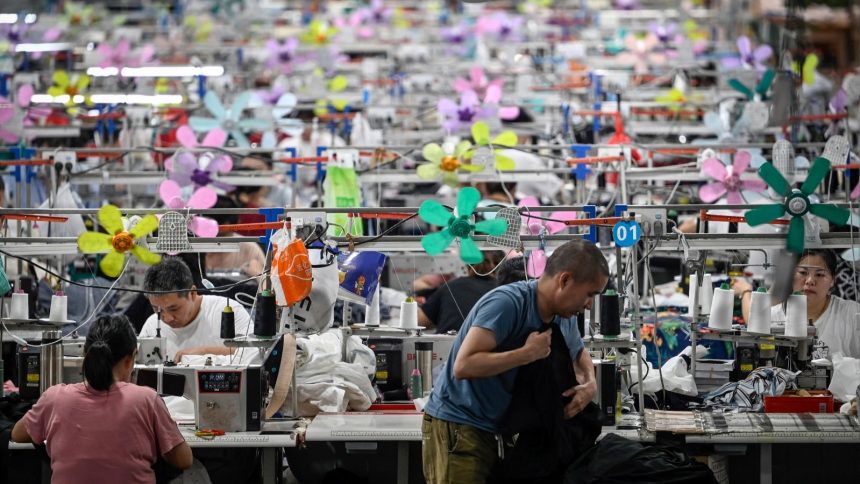In 2023, Shein, the popular fast fashion giant, dominated the fashion scene with its ultra-cheap clothing reaching customers in 150 countries worldwide. With influencers promoting “#sheinhaul” videos on social media, the company saw billions of views and created immense amounts of data. To manage this data efficiently, the fast fashion industry is incorporating AI technologies. Shein utilizes proprietary machine-learning applications to analyze customer preferences in real-time and predict demand, enabling it to maintain an incredibly fast supply chain.
As AI technology accelerates the production of affordable fashion, companies like Shein are facing increased pressure to prioritize sustainability. Shein has committed to reducing its carbon dioxide emissions by 25% by 2030 and achieving net-zero emissions by 2050. However, concerns have been raised about the environmental impact of Shein’s rapid manufacturing practices and online-only business model, exacerbated by its use of AI technology, which seems to have led to a significant increase in carbon emissions.
Despite its sustainability goals, Shein’s business model has raised questions about its environmental impact. The company has been criticized for textile waste, microplastic pollution, and labor practices. The majority of its fabrics are polyester, a synthetic textile known for shedding microplastics, with only a small percentage being recycled. Additionally, labor conditions at Shein suppliers have come under scrutiny despite the company’s pledge to improve working conditions.
Machine learning plays a crucial role in Shein’s operations, as indicated by Peter Pernot-Day, the company’s head of global strategy and corporate affairs. The use of AI technology helps Shein accurately predict demand, reduce waste, and produce garments efficiently. Despite the allegations of digital copyright infringement and concerns about increased emissions, Shein maintains that its technology allows for waste reduction and efficiency improvement.
As Shein faces criticism for its environmental footprint, the company is developing strategies to reduce its carbon emissions. By storing more inventory in U.S. warehouses and increasing the use of cargo ships over cargo planes, Shein aims to decrease its climate footprint. While AI technology has the potential to help companies become more sustainable, the ethical use of these tools is essential for achieving environmental goals in the fashion industry.





